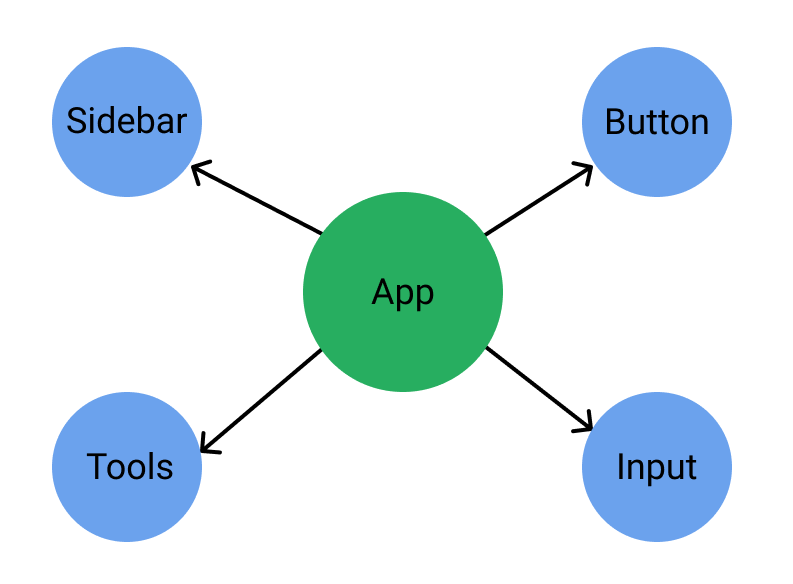Making The Case For Frontend Monorepos
... or, an evolutionary approach to building web frontends
Harrison Harnisch
Build Stuff @ Buffer

What is a monorepo?
contains more than one logical project
most likely unrelated, loosely connected or can be connected by other means
What Is A Frontend Monorepo?
contains code, tooling, configuration and utilities required to render a frontend application
loosely connected or can be connected by other means

Multirepo !== Monorepo
Two Different Approaches To Frontend Monorepos
Integrated
vs.
Modular
.
├── App
│ ├── index.html
│ ├── style.css
│ └── index.js
├── Utils
├── Tools
└── package.jsonIntegrated
"Don't Overthink It" Approach
Easy To Get Started
This is very desirable, especially when trying to launch a product
Gets Tangled With Changes
This is OK since we'll probably end up rewriting it a few times

.
├── packages
│ ├── components
│ │ └── package.json
│ ├── sidebar
│ │ └── package.json
│ ├── ...
│ │ └── package.json
│ └── utils
│ └── package.json
└── package.jsonModular
"Package Driven Development"
A workflow centralized around building loosely coupled packages
Bounded Complexity

Packages work like packing cubes
Packages Are Easier To Rewrite Than Applications
More Opportunities To Work In Parallel

Managing Lots Of Dependent Packages Is Hard
But There Are Tools To Help!
Why Break Things Into Packages?
Lets talk about Unix philosophy
Write programs that do one thing and do it well
Write programs to work together
UNIX Philosophy
1978
The UNIX Dev Envoronment Was State Of The Art
But it wasn't easy enough to share work
System Package Manager
1988
1994
IRIX - inst
Debian - dpkg
Application Package Manager
1995
2000
2004
2009
Perl - CPAN
Python - PyPi
Ruby - RubyGems
JS - npm
Source: Google Ngram
Unix Philosophy 1980-2006

System Package Manager
App Package Manager
Source: Google Ngram
Package Manager 1980-2006

In many ways Unix Philosophy drove the desire for package managers
Packages are more useful when you share them


Similarly, the modular approach is most effective if you can share work
Monorepos In Practice
Integrated→Modular
Idea
MVP
Get something in customers hands
Iterate
(Buffer was in this phase for over 6 years)
New Ideas
Migrate MVP
Build New Products
+
Integrated→Modular
Migrate MVP

Phase 1: Build In Existing Package
.
├── packages
│ ├── ...
│ │ └── package.json
│ └── frontend
│ ├── **sidebar.js**
│ ├── index.js
│ └── package.json
└── package.jsonPhase 2: Local Package
.
├── packages
│ ├── ...
│ │ └── package.json
│ ├── **sidebar**
│ │ ├── **index.js**
│ │ ├── **reducer.js**
│ │ └── **package.json**
│ └── frontend
│ ├── index.js
│ └── package.json
└── package.jsonPhase 3 (optional): Move Package To External Respsitory
It's OK for features to stay in phase 1 or 2
Migration can be done at your own pace

June 29th - https://www.oreilly.com/
Idea
MVP
Iterate
New Product Idea(s)
Migrate MVP
+
Build New Products
Integrated
Modular
Dependency Management
Tooling!
Lerna


Yarn - Workspaces
Package Communication
Optimizing for loose coupleing
Packages alone will not stop code from getting tangled
Mediator Pattern

